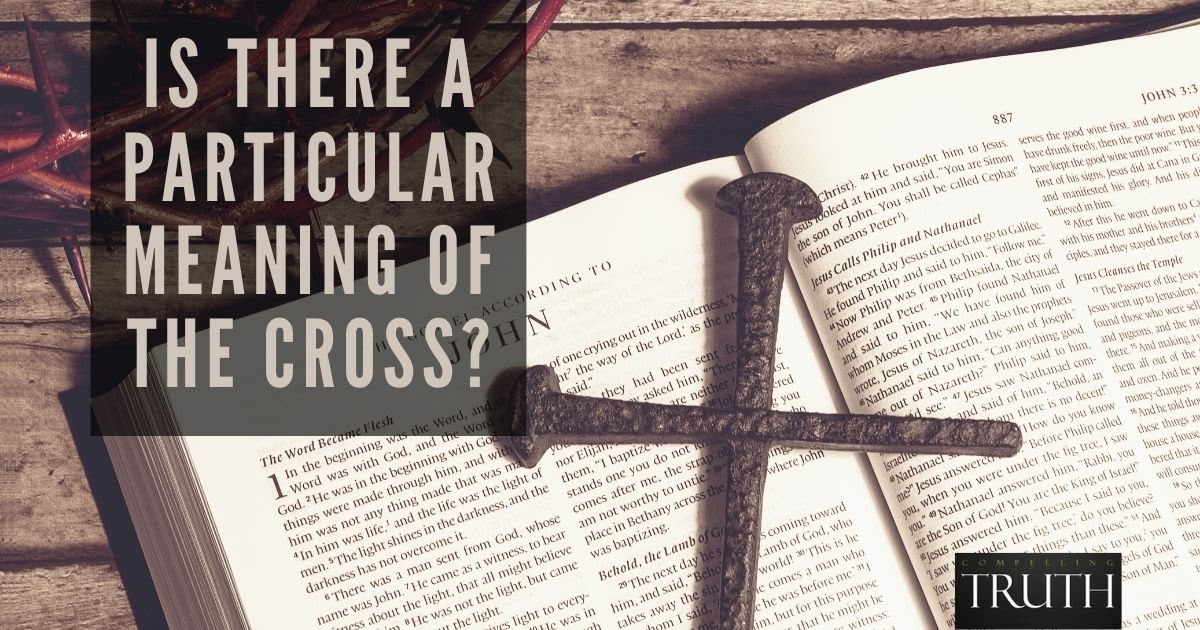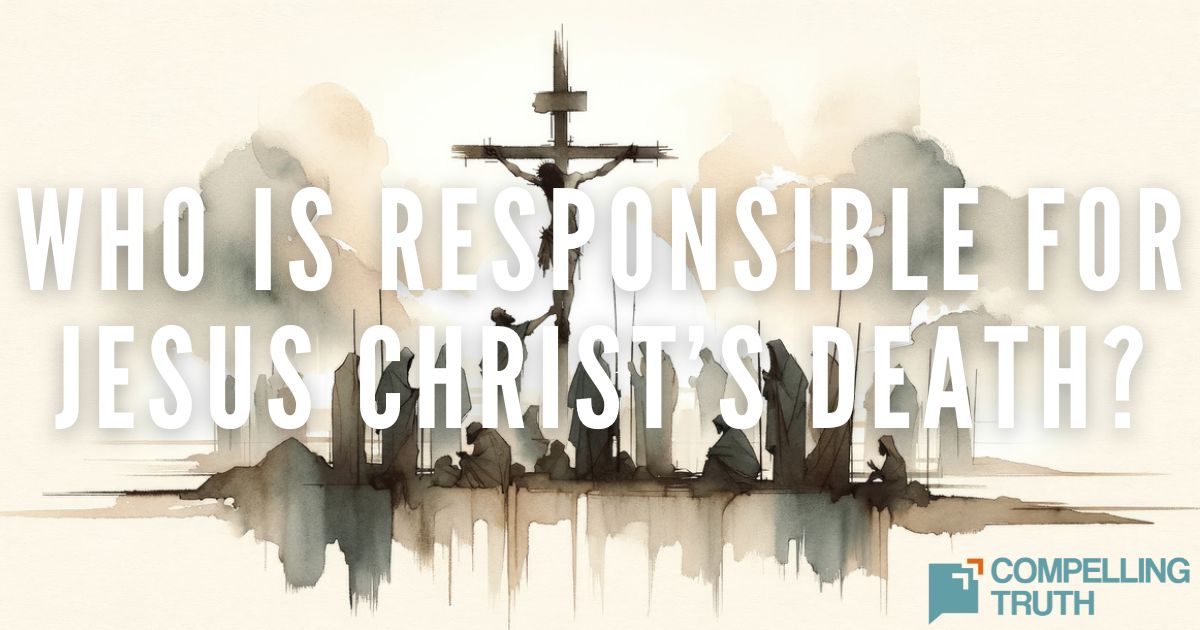In John 12:32 Jesus refers to Himself being “lifted up.” The next verse explains that He means His death on the cross. But that wasn’t the first time Jesus had said those words. John 3:14–15 records Jesus’ conversation with the Pharisee Nicodemus in which He described His death on the cross using the phrase “lifted up.” He compared it to the incident described in Numbers 21:6–9 in which Moses lifted up the bronze serpent on a pole. God used that to heal the Israelites of the consequences of their sin. Looking at the pole was a sign of repentance and obedience to God, and the Israelites who looked at the pole lived (Numbers 21:8). The link between the two passages—John 12:32 and Numbers 21:6–9—is repentance and faith in God. Just as God saved the Israelites through their faith in looking at the lifted up bronze serpent, anyone who repents and looks to Jesus' sacrifice on the cross will receive eternal life (John 3:16–18; Romans 10:9; Ephesians 2:1–10). Besides being raised up on the cross physically, the original Greek word also implies metaphorically being exalted or raised to honor. Jesus’ crucifixion and resurrection would defeat Satan and win followers to Christ. Jesus was lifted up on the cross and afterwards, lifted up in His resurrection, ascension, and exaltation at the right hand of the Father (Acts 1:9–11; Hebrews 10:12–13). Our hope is grounded in the “lifting up” of Jesus (1 Corinthians 15:54–57; Colossians 2:9–15).
Humility is not popular or often encouraged by modern cultures. Advertising slogans appeal to our egos by telling us we’re “worth it” and we “deserve it.” Selfies are standard on social media pages. Many want to elevate themselves; few want to be last or lowest. But Christians are called to pattern their lives after Jesus, living God’s ways and allowing Him to form our identities. We aren’t to live for self-aggrandizement or chasing after fleeting pleasures (1 John 2:15–17). Instead, we are to live as servants of God and self-sacrificially love others (Mark 10:42–45; John 13:34–36; 1 John 4:7–12). As His disciples were disputing about who was the greatest, Jesus brought a child near Him and instructed, “Whoever receives this child in my name receives me, and whoever receives me receives him who sent me. For he who is least among you all is the one who is great” (Luke 9:48).
Jesus exemplified confidence in God, self-sacrificial love, and what it looks like to be a servant (John 13). God the Son humbled Himself by taking on the form of a man (Philippians 2:3–11). He was “lifted up” on the cross, a humiliating death reserved for criminals. But His being raised up in humility was temporary: He was also lifted up by being resurrected, ascending to heaven, and being placed in honor at the Father’s right hand. To be saved, we must show humility by looking to the cross, which involves repenting of our sins and placing our faith in Christ. We must humble ourselves in acknowledging that salvation is entirely a gift of God’s grace, not something we deserve or earn (Romans 5:8; Ephesians 2:1–10). Gratitude for God’s astounding gift of salvation (Ephesians 1:3–14) and love for Christ should lead us to glorify our Lord through our lives (Matthew 5:16; 1 Corinthians 10:31; Romans 12:1).
If you’re a Christian, does your life show your gratitude to Christ? If you’re not a Christian, are you willing to humble yourself to acknowledge Christ as King of your life? The cross is there for any who will look upon it in repentance and faith. Our hope is grounded in the “lifting up” of Jesus (1 Corinthians 15:54–57 Colossians 2:9–15).




